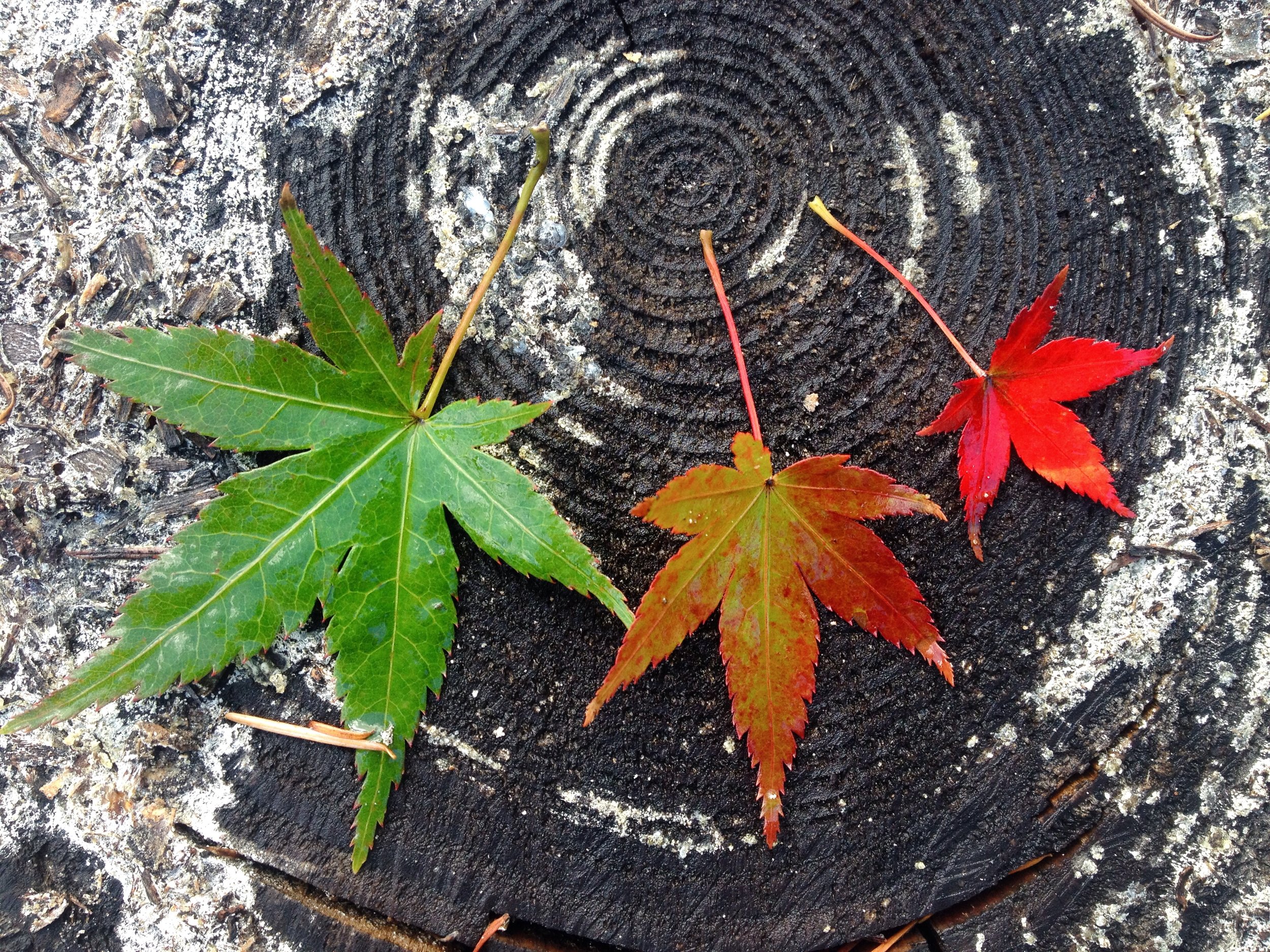I think I know you.
You know it's important that you spend time in the Bible. And you know that you want to - you have the desire to know and understand God's Word, to abide in it with day by day consistency, to study it for yourself.
But life hits you the moment you get out of bed in the morning, and somehow it just doesn't get done, or maybe you sit down with your Bible open and all the great intentions of the world just to discover that you have no idea where to begin.
And believe me, you're not alone.
I have gone to Bible school, earned a certificate in Biblical Studies, taught the Bible to others, and studied the Bible on my own for the past five years since - and it still happens to me.
There are still so many days when I have every intention of studying and learning and hearing from God, only to find that it slips out of priority when regular life hits. Or days when I find myself sprawled in bed with my Bible, flipping aimlessly through the pages overwhelmed by the sheer size of it, wondering where on earth I should start.
The first step:
This week, I've been pouring my spare hours into organizing the systems that I personally use to study the Bible and its different genres of literature on my own. These are the systems that I fall back on almost automatically when I'm reading, the steps I take to make sure I'm understanding and not just skimming a lot of words. And even though each system is different depending on which book of the Bible I happen to be reading, they all have one thing in common: the first step.
Every single one of my Bible study techniques starts like this:
Step One: Start at the beginning.
The very beginning.
The "in the beginning" beginning.
The study of every single book of the Bible should begin with your understanding of the whole story of the Bible.
You can't hope to interpret Exodus accurately if you don't know where the story started. You can't begin to understand the teachings of Christ in the Gospels if you don't have a grasp of the long history of Israel in the Old Testament. You will be lost (and probably afraid or depressed) in Revelation if you aren't aware of the epic spiritual saga that has preceded it.
There's a reason I had barely hit the ground in Florida to start Bible school before we spent a solid week reading the Bible from cover to cover. (Yes, one week.) You simply can't start an in-depth study of the Scriptures any other way.
The Bible is a story.
It's not a moral handbook, a self-help guide, or a church rulebook.
It's a story - the incredible story of who God is and what He has done.
And you don't read a story by skipping around from chapter to chapter, cherry-picking here and underlining there. You start at the beginning and read it as a whole. And then you can dive deep.
So if you've never read it like that, that's where I encourage you to begin.
There are a lot of plans and tools out there. You can do the one-year plan, the chronological plan, or just sit down and start. I prefer the Bible180 plan that I've done a couple of times now, because it moves quickly enough that Genesis is still pretty fresh in my mind by the time I hit Revelation - and because it helps SO much to know that there are others doing it alongside me!
Join us
I'm starting Bible180 again this coming January. If you do want to know the Bible, if you want to feel comfortable studying it on your own (and a lot deeper than "what stands out to me? how do I feel about this?"), this is where I recommend that you begin - with a clearly outlined daily reading plan and a little bit of accountability. :)
(And if I can survive reading it in a week, then you can definitely handle 180 days!)





